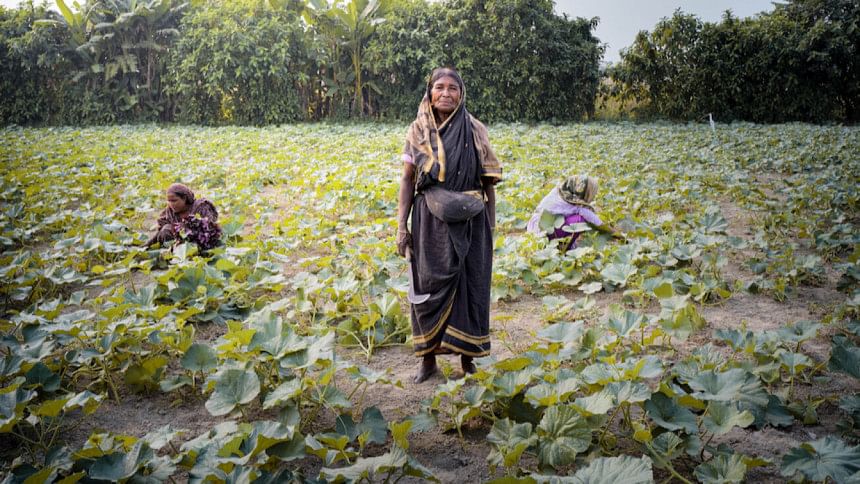ADB takes initiative to strengthen women’s heat stress resilience

The Asian Development Bank (ADB) today launched a new initiative to better understand and invest in adaptation to the impacts of heat stress on women and girls in five countries including Bangladesh.
Under the new technical assistance program, ADB will research how the growing threat of heat stress affects women and identify specific policies, actions, and investments that can help governments reduce the impacts of heat on women and girls.
The program will be implemented in Bangladesh, Cambodia, Pakistan, Sri Lanka, and Tajikistan, according to an ADB report.
"We are on course for the warmest year on record and in Asia and the Pacific, this is placing unprecedented strain on women, on their economic productivity, their role in food security, and the infrastructure that women use," said ADB President Masatsugu Asakawa at the launch of the initiative at COP28.
"Development is no longer possible without addressing the consequences of climate change such as extreme heat—and we must focus on women," said the ADB President.
Extreme heat has been linked to more than 650 billion hours of annual labor losses worldwide, equivalent to about 148 million full-time jobs—a scale of disruption comparable to the Covid-19 pandemic. Women are disproportionately affected by these rising temperatures, facing life-threatening conditions and substantial socioeconomic losses.
"Women in vulnerable regions are often hardest hit by the effects of our warming planet," said Former US Secretary of State and Arsht-Rock Global Ambassador for Heat, Health, and Gender Hillary Rodham Clinton on a panel discussion at the event.
The event was coorganized by ADB and the Arsht-Rockefeller Foundation Resilience Center.

 For all latest news, follow The Daily Star's Google News channel.
For all latest news, follow The Daily Star's Google News channel. 



Comments